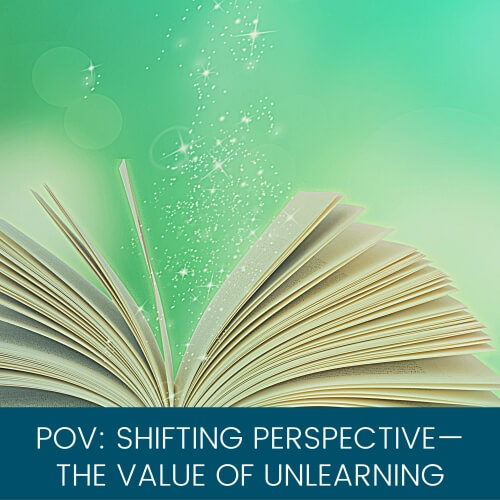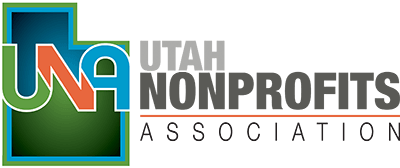 By Jill Bennett
By Jill Bennett
Whenever I’m hiking uphill and need to remove one of my (many) layers, I’m reminded of the wonder I felt the first time I read the novel Heidi. As she ascends the mountain on her way to live with her grandfather, she removes sweaters, coats, and shoes so that she can climb faster—leaving behind a happy trail of garments. And when I invariably become cold again and begin to re-layer, well, that’s my version of the Trouble with Trolls.
Like many of you, I have been shaped by books. They have influenced my perceptions and brought profound meaning to every stage of my life. And the best of them have led me to a new level of understanding about who I am and what it means to be a human. The Brain That Changes Itself: Stories of Personal Triumph from the Frontiers of Brain Science, The Body Keeps the Score: Brain, Mind, and Body in the Healing of Trauma, and The Power of Habit: Why We Do What We Do in Life and Business have taught me to appreciate the many opportunities we have for growth. Coupled with the right support—provided in large part by UNA members—these insights have led me to revisit what I believed to be true.
One of the most powerful lessons from these readings is that habit, more than anything else, governs what we think and believe. We tend to think something is true because we’ve always believed it was so. Changing our perspective starts with un-learning these habits. And that requires us to critically examine our engrained patterns of thinking.
Take the concept of privilege, for example. My first response to the notion that I, Jill Peterson Bennett, raised in a village not affectionally nicknamed Muk-town U.S.A., had privilege? I am confident that I scoffed. My dad worked two jobs until age and illness made that an impossibility. As soon as my younger brother was old enough to be a latch-key kid—if that can apply to a town where no one locked their doors—my mom found an ill-paying, stressful job at the high school. My three siblings and I all held after-school jobs and paid our way through college using grants and loans while working as many hours as we could find. This did not feel like a privilege.
But it was. What I didn’t know then is that having privilege is different from being privileged.
Before we go any further, just know that this is my first public discussion of my own privilege. I promise that for any blind spot you see—and there will be many—there is an honest and genuine intent to learn more and do better.
Those jobs my parents worked—the ones that kept a roof over our heads and provided food to eat, but little else? Those jobs were made available to them because they were white, had high school diplomas and, in my dad’s case, a night-school degree that made him extremely proud. (Shout out to our community colleges.) But having a strong work ethic is irrelevant if you can’t get hired because of the color of your skin.
Those college loans that my brothers, sister and I willingly signed and worked to pay off early? They were for the state’s flagship universities, where we felt safe as white students in a sea of mostly other white students, and where we left with white collar jobs in either finance or education. When we paid off those loans it meant that our student debt leveraged our upward mobility—rather than, as for the case of too many Black families, making our economic position fragile.
February is Black History month. It’s a time to pay tribute to the generations of African Americans who struggled with adversity to achieve full citizenship in American society. That struggle is not over. It’s my greatest privilege—made possible by the many, many privileges afforded to the Peterson family across multiple generations—to support the nonprofits in Utah that work to create social justice in Utah.
Thank you. Your work matters.
